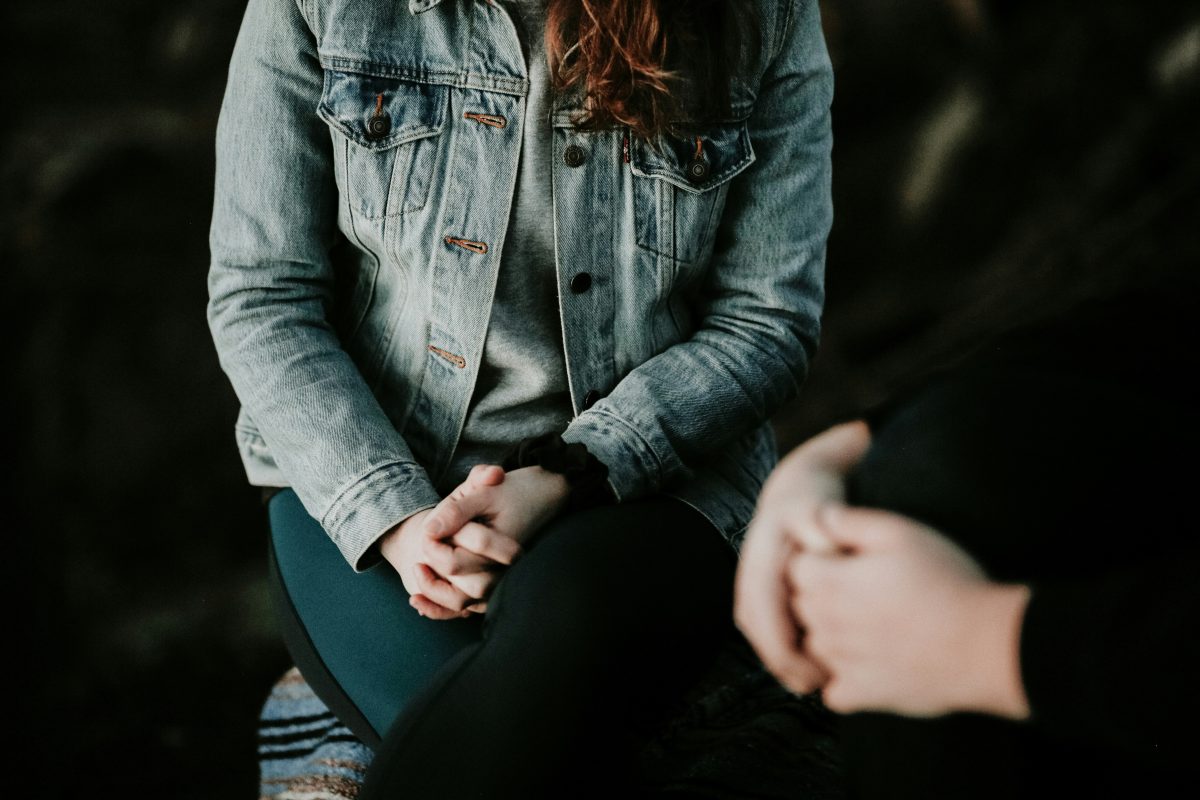Baptist Memorial Health Care and Shelby County Government will host a free community mental health and wellness expo on Thursday, September 19 from 4:30 p.m to 7 p.m. in the Dr. H.E. Garrett Sr. Auditorium on Baptist Memorial Hospital’s Memphis campus.
Officials said this event is an example of their commitment to equity and diversity in the healthcare space, with resources specifically tailored for Black people. Dr. Joy Harden Bradford, a licensed psychologist, author, and host of the “Therapy For Black Girls” podcast will be the keynote speaker.
Miska Clay Bibbs, chairwoman of the Shelby County Board of Commissioners said that mental health is an important issue in the county.
“The mental wellness, particularly of women, directly affects the well-being of families and the greater community and deserves our attention and support,” Bibbs said in a statement.
Research from Johns Hopkins Medicine said women are at least twice as likely to “experience an episode of major depression as men.” They also said African American women are only half as likely to seek help.
Dr. Keith Norman, vice president of government affairs for Baptist, said much of the work the organization provides is in response to the needs of the community, which are measured through its Community Health Needs assessment. This helps determine the major disparities faced by Mid-Southerners.
“Mental health is a rising concern in all of those markets,” Norman said. “We don’t want to overlook the emotional and mental wellness of the individuals who live in our footprint.”
The Covid pandemic has proved to be a major factor in pushing conversations surrounding mental wellness to the forefront. Norman said that isolation caused people to be further away from resources and important relationships. He also said the pandemic shed more light on poverty disparities in the southeast.
These inequities can hit minority communities harder, especially when looking at the impact of racial trauma. The year 2020 not only brought the pandemic, but saw the murder of George Floyd, which many witnessed through video and non-stop media coverage.
“We had to really come to grips with this issue and how violence and vulnerability were going hand in hand,” Norman said. “In our region, here in Memphis, we saw crime begin to go up even higher because people were isolated and confined. Issues that they did not deal with were now coming forth in a confined space.”
Officials hope that this will not only increase dialogue about mental health, specifically in the Black community, but that this will encourage people to seek help and eliminate stigma.
“The African American community often deals with faith as the remedy for emotional wellness,” Norman said, speaking from his role as a pastor as well. “We are encouraging African American practitioners and patients to make the connection — there’s nothing wrong with therapy. There’s nothing wrong with talking through things — especially when you feel the touch of mental health on your emotional wellness.”
